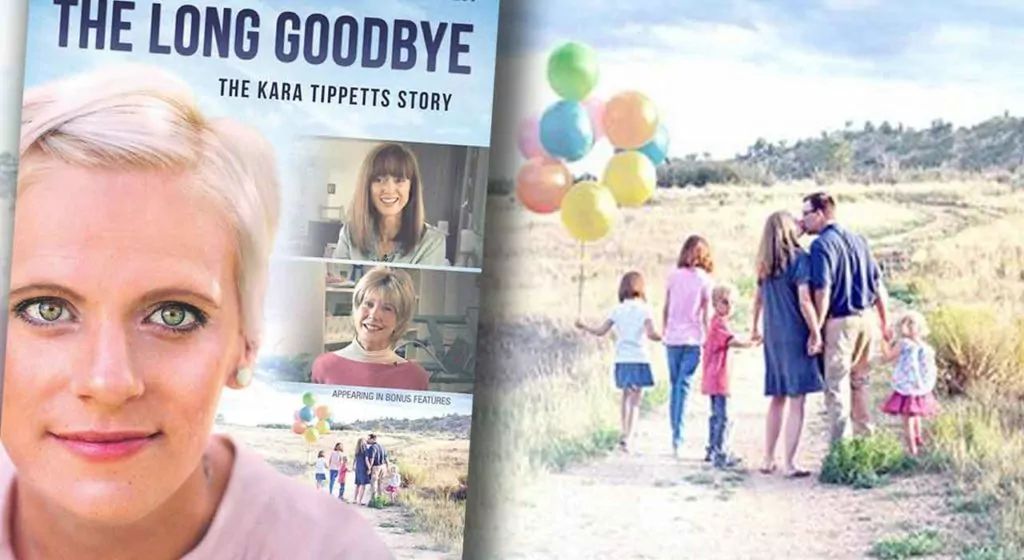Documentary
2019 / 102 minutes
Rating: 8/10
If you were told the pro-life movement is made up of two groups that don’t always get along, who would you guess? Old vs. young? Men and women? Catholics and Protestants? The answer is, none of the above. The real divide is between abolitionists and incrementalists.
If you aren’t familiar with these two camps, abolitionists want the unborn to be protected from the moment of conception onward and see anything else as being an unprincipled compromise. Incrementalists also want the unborn protected from conception, but they argue that this goal can best be achieved with a step-by-step or “incremental” strategy that involves protecting some now – saving whatever babies we can right now – even as we move towards protecting all at some later date. So an incrementalist might propose a law that would criminalize abortion in the third trimester, seeing it as a step towards full protection, while an abolitionist would see such a law as saving those third-trimester babies at the expense of babies in the first two trimesters.
Babies Are Still Murdered Here comes from the abolitionist camp, and while I count myself among the incrementalists I’d say this is a thought-provoking watch for all pro-lifers. Overall the film makes three points:
- Pro-lifers need to call out abortion for what it is – murder – because we do nobody any favors by minimizing the wickedness of sin.
- A related point: Christian pro-lifers need to fight abortion as Christians. No more of these secular, scientific, supposedly “neutral” arguments. We need to call out abortion as a sin, call people to repentance, and offer them every help we can as representatives of God’s Church.
- Some pro-lifers can get so caught up in strategy that they’ll work against other pro-lifers.
If this third point strikes you as incredible, the film gives a few different examples. Ohio Right to Life opposed a heartbeat bill in the name of being strategic. They argued that the bill would almost certainly be struck down by the courts, and the legal precedent could set the pro-life movement “back 40, 50 years” so they spoke out against it. And after the heartbeat bill was struck down by a federal district judge, this question came up at the National Right to Life convention:
“If one of these more idealistic [heartbeat] bills comes up in our state what advice do you think we should give to our legislature? Do we ask them to vote for something like that? Should we ask them to oppose it?”
The answer given? National Right to Life General Counsel Jim Bopp said: “Not introduce it. Not consider it. Not a committee hearing. Not vote for it.” This is what a pro-lifer was telling pro-lifers.
Lest you think pro-lifers undermining the pro-life movement can happen only in the US, let me give a Canadian example. Back in the 1990s, I witnessed the Alberta pro-life movement get so intent on a strategy that they undermined the personhood of the unborn. The provincial government had taken a fiscally responsible turn and was cutting programs to balance the budget, so pro-life leaders proposed that we promote an end to the tax-funding of abortion as a financial issue – we could pitch it as one more budget item that could be cut.
However, the pro-choice opposition saw through this approach and accused the end-tax-funding group of trying to save babies’ lives rather than save budget dollars. And, of course, that was entirely true. But that’s when things got crazy – the end-tax-funding group denied they wanted to save babies’ lives and insisted it was about the money. And by making it all about money, when it was pointed out that a live birth cost the government more than 10 times what an abortion did, the whole strategy fell to pieces. Avoiding all mention of God or the worth of the unborn didn’t fool anyone but did make pro-lifers seem money-grubbing and uncaring.
So yes, there are times when a pro-life incremental strategy can go very, very wrong. We need to know that, so we can steer clear of it!
It is by understanding how and why it can go wrong that we can head it off from doing so. It comes down to keeping our first priorities our first priorities. God’s people save babies as a means by which we can glorify God: in reaching out to the desperate, we reflect His goodness, His mercy, and His love. But when we make saving babies our ultimate goal, then it becomes an idol, and in service to that idol, we might find ourselves opposing or undermining God’s Truth. We can then, in the name of “effective strategy,” downplay what abortion is and downplay what our own end goals are. But this is not honest. And it does not make glorifying God our goal. And, interestingly enough, as we saw in the Alberta tax-funding debacle, it doesn’t even seem to be effective.
RC Sproul, Jeff Durbin, George Grant, Voddie Baucham, Sye Ten Bruggencate, and John Barros are among the notable names involved in the film. They have a lot of provocative thoughts to share, and even if you don’t agree with them all, there is something here every pro-life will find beneficial to hear.
What’s more, you can watch the whole film for free, below. If you find it edifying, then be sure to check out the original, also free: Babies are Murdered Here.











